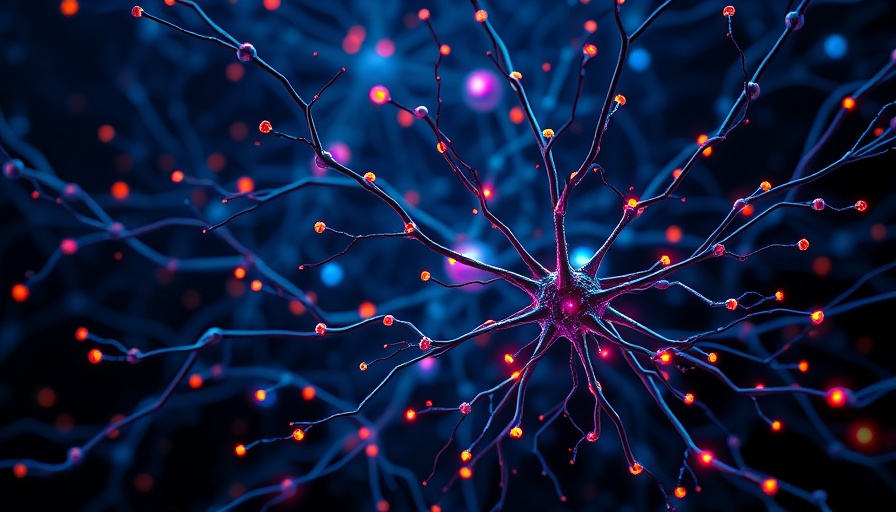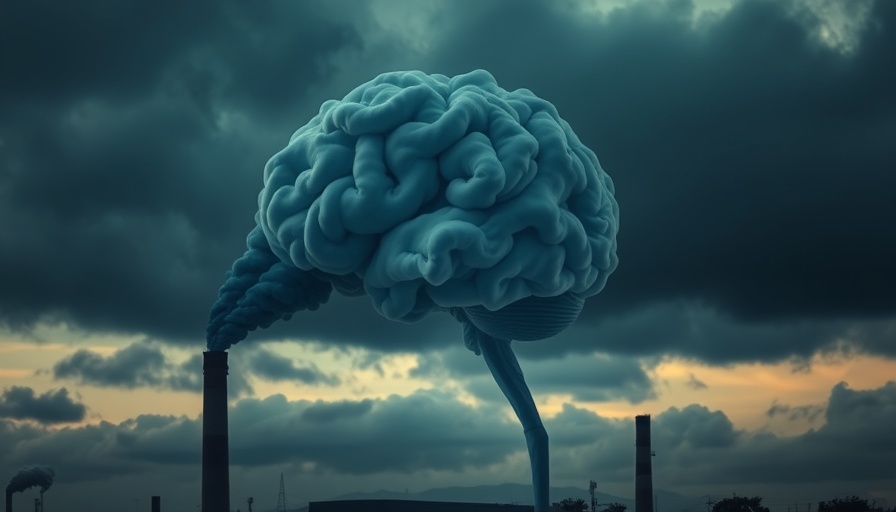
The Brain's Defense: Breaking Down Toxic Plaques
In an intriguing breakthrough, scientists at the University of California, San Francisco (UCSF) have discovered how a specific receptor in the brain, identified as ADGRG1, plays a vital role in combating Alzheimer's disease. This receptor enables immune cells known as microglia to effectively eliminate amyloid beta plaques—harmful protein clusters linked to Alzheimer's onset and progression.
Understanding the Role of Microglia in Alzheimer's
Microglia are the brain’s immune defense, tasked with cleaning up waste and harmful substances like amyloid beta. In Alzheimer’s patients, these plaques accumulate, leading to memory loss and cognitive decline. The UCSF researchers found that high levels of ADGRG1 in microglia correlate with a milder form of Alzheimer's. Conversely, in brains with severe Alzheimer's, microglia showed reduced amounts of this receptor, resulting in poor plaque clearance and worsened symptoms.
Potential for Future Therapies
This discovery holds significant promise for future treatments. Since ADGRG1 is part of a drug-friendly family of receptors, there’s potential for developing new therapies that enhance microglial function, aiming to keep Alzheimer’s symptoms in check for more individuals facing this devastating disease. "We believe this discovery could enable us to help everyone's microglia do their job better," said Dr. Xianhua Piao, the leading researcher. This translates to hope not only for patients but for their families, as it suggests new ways to manage or reduce the impacts of Alzheimer’s.
Hope for Alzheimer’s Patients
For families grappling with the effects of Alzheimer's, these findings deliver hope for a future with improved treatment options. Understanding the mechanisms by which the brain can potentially defend itself from this disease is vital as research continues to advance in neuroscience and therapeutics.
 Add Row
Add Row  Add
Add 




Write A Comment